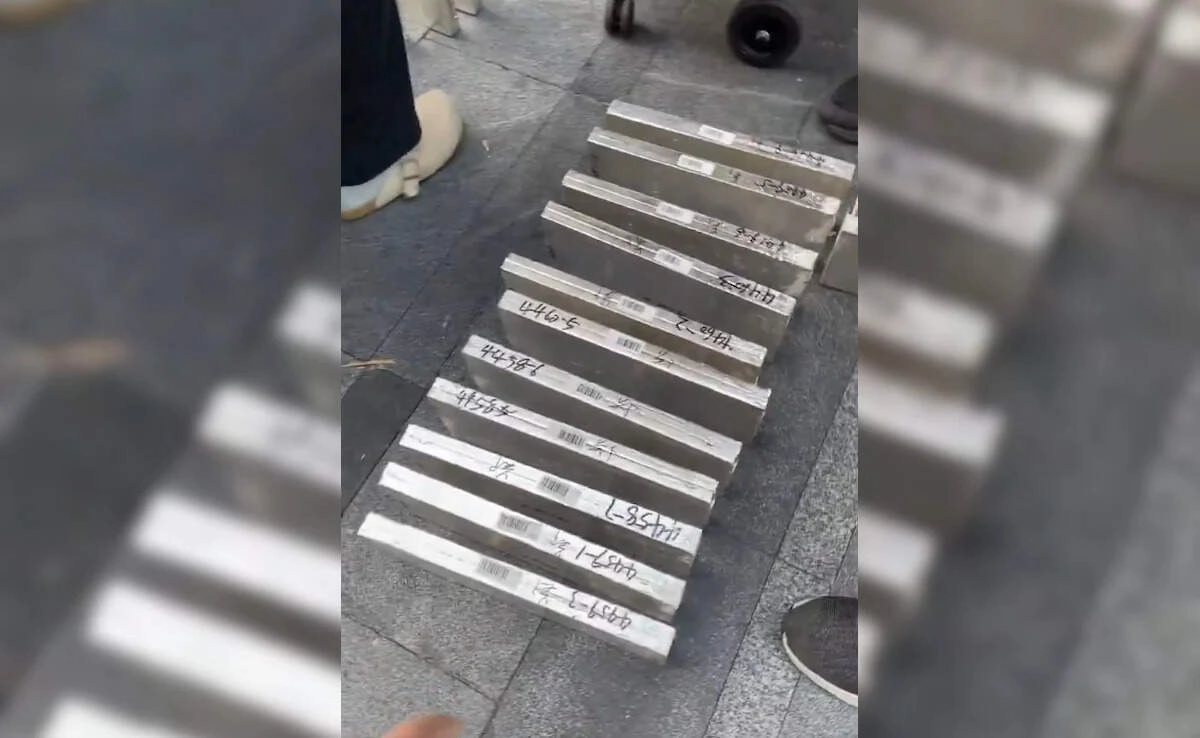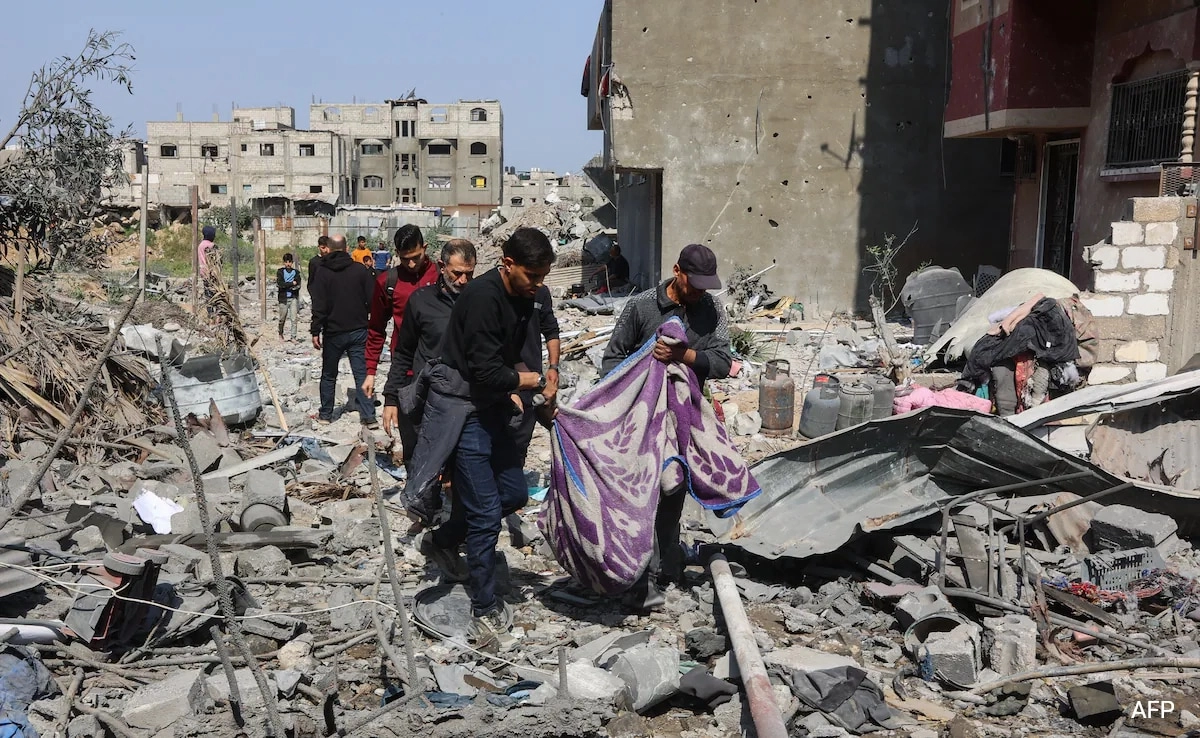The French intelligence chief has recently asserted that Iran’s nuclear program is experiencing significant delays, primarily attributed to a series of military strikes targeting its key facilities. This assessment highlights the ongoing tensions in the region and the international community’s concerns regarding Iran’s potential development of nuclear weapons. The strikes, which are believed to have been conducted by various actors, including Israel, have reportedly disrupted Iran’s progress, leading to a reassessment of timelines and capabilities within its nuclear ambitions.
The Iranian nuclear program has long been a focal point of international scrutiny, with various nations fearing that advancements in nuclear technology could lead to the production of nuclear weapons. The implications of such a development are far-reaching, not only for regional stability in the Middle East but also for global security. The French intelligence chief’s remarks underscore the effectiveness of targeted military operations in hindering Iran’s capabilities, suggesting that these actions have had a tangible impact on the program’s advancement.
As tensions continue to escalate, the question of how the international community will respond to Iran’s nuclear ambitions remains critical. Diplomatic efforts have been ongoing, particularly in the context of the Joint Comprehensive Plan of Action (JCPOA), which aimed to curtail Iran’s nuclear program in exchange for sanctions relief. However, the breakdown of these negotiations and the subsequent military actions have complicated the landscape. The intelligence report serves as a reminder of the delicate balance that must be maintained in addressing Iran’s nuclear aspirations while preventing further escalation of conflict in an already volatile region.
Ultimately, the situation remains fluid, with the potential for further strikes or diplomatic maneuvers to influence the trajectory of Iran’s nuclear program. The international community must remain vigilant and proactive, balancing the need for security with the complexities of diplomatic engagement. The delays in Iran’s nuclear program, as highlighted by French intelligence, may provide a temporary reprieve, but the underlying tensions are far from resolved, necessitating ongoing monitoring and strategic responses to ensure regional and global stability.




